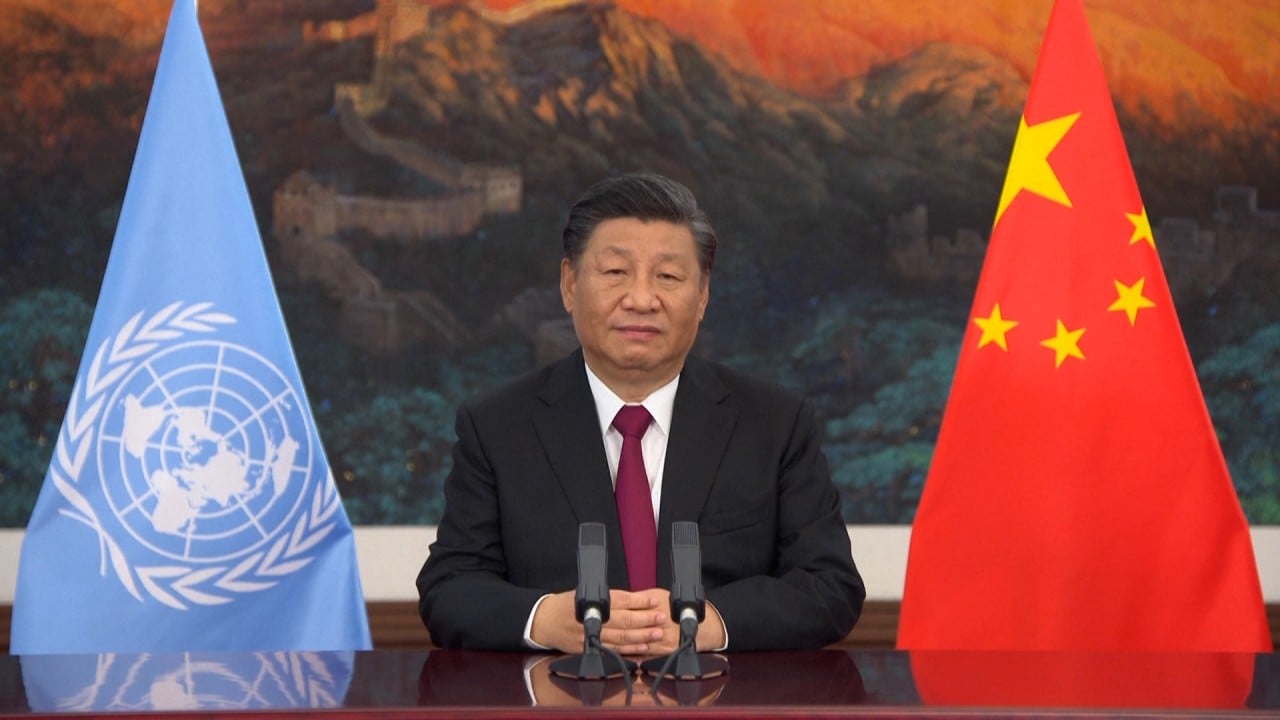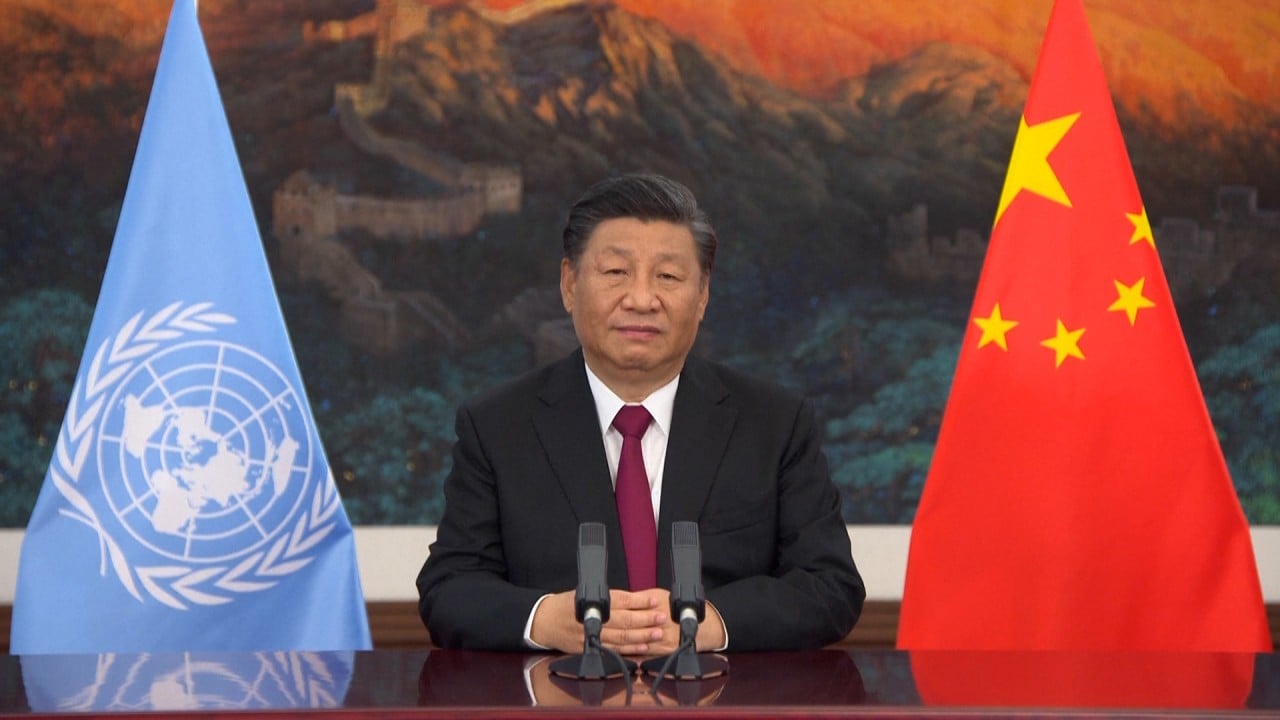Biodiversity and healthy, functioning ecosystems underpin the basic survival of life on Earth for both humans and the species with which we share the planet. Nature and its ecosystem services offer us critical resources and supply us with clean air, climate regulation, protection from flooding and crop pollination, among many other benefits.
Businesses are directly or indirectly dependent on these natural resources and ecosystem services to operate and generate economic value. More than half the world’s gross domestic product is estimated to be either moderately or highly dependent on nature and thus is exposed to risks from nature loss.
In the international arena, the United Nations’ latest biodiversity conference, COP15, and its resulting targets under the Kunming-Montreal Global Biodiversity Framework are a significant step up from preceding Aichi Biodiversity Targets, which failed to achieve any of their 20 commitments.
The framework, adopted in December 2022, places considerably stronger calls on implementing its agenda and emphasises the importance of multi-stakeholder participation to reach its goals. China has been highly active in this space, and its national biodiversity strategy and action plan reflects business’ role and contribution under its key priority actions.
The central government’s positioning signals Hong Kong should follow suit with its own city-level policy. The Hong Kong government is preparing a new Biodiversity Strategy and Action Plan after its first one ended in 2021. The updated plan will align with national commitments and the global framework, which comprises 23 global targets aiming to halt and reverse nature loss by 2050.
These high-level developments are driving business action as biodiversity continues to climb the corporate agenda ladder. Businesses are increasingly realising the linkage between climate change and biodiversity loss and the risks posed by inaction. Integrating biodiversity into business models also presents opportunities from which firms can benefit.
Experts and major stakeholders have been involved in an independent conservation community-led process to put forward recommendations for the government’s upcoming biodiversity plan. This includes universities, ecologists, environmental NGOs and, notably, corporations.
The Business Environment Council leads the focus group representing the corporate community to understand current business perspectives and priorities. Several barriers were identified that prevent greater uptake from firms in integrating environmental considerations into their decision-making. These key areas align with developments quickly unfolding on the global stage, and there is an opening for Hong Kong to use its existing expertise and talent to play a leading regional role in this space.
Disclosure is becoming a priority of many firms when it comes to biodiversity. To bring biodiversity disclosure into the mainstream of the regulatory landscape, businesses are keen for the government to recognise the disclosure recommendations of the Taskforce on Nature-related Financial Disclosures as the city’s standard corporate disclosure framework.
Hong Kong companies are already piloting the taskforce’s framework to understand and disclose their nature-related impacts, dependencies, risks and opportunities across business operations and value chains. Gradually adopting the framework for listed firms on the city’s stock exchange which have material risks would further spur corporate reporting and nature-based financing.
Another strong sentiment among Hong Kong businesses is that a stronger, clearer policy signal from the government is required to push for greater action. Investors and banks, for instance, would welcome this as it strengthens the financial case to justify allocating more resources behind biodiversity financing and incorporating biodiversity into portfolio analysis and decision-making.
Biodiversity and nature conservation considerations are acknowledged in some current instruments, such as Hong Kong’s Green Bond Framework. A green light from policymakers could mobilise more financing in this area. Firms are also eager to see more innovative financing methods to enable the practical implementation of nature-based solutions, such as public-private partnerships and blended finance, to support nature conservation and boost local climate resilience efforts.
Hong Kong’s position as an international finance centre, its existing rich biodiversity knowledge base and upcoming development plans such as the Northern Metropolis mean there is ample opportunity to integrate biodiversity considerations into development and experiment with funding mechanisms to support this.
Embedding biodiversity into planning policy is happening elsewhere – such as the UK, where the authority has recently added “biodiversity net gain” into town planning legislation to mandate developments to deliver a 10 per cent increase in biodiversity value compared with pre-development on-site.
Quantifying ecosystem services is another area of interest for businesses. Linking ecosystem services with monetary valuation can further strengthen the business-biodiversity case and the economic rationale to safeguard nature.
Hong Kong should look to existing economic modelling from international bodies, such as the UN’s system of ecosystem accounting, to quantify and account for ecosystem services. China has used this model in its efforts to pilot national ecosystem service accounting.
Given the unique complexities surrounding the topic of biodiversity and the strong policy direction required to drive business-biodiversity action, a long-term collaborative commitment is needed to bring about these benefits. The formation of a biodiversity alliance could serve to bring together stakeholders, remove existing barriers and drive the partnerships required between the private sector, government and others.
Such an alliance can address the key priorities mentioned above and more, including securing funding to build up local biodiversity research, collating and sharing a knowledge database and exploring mechanisms for financing. Fulfilling these important gaps will go a long way towards making Hong Kong a city with harmony between its biodiversity, people and business activities.
Simon Ng is chief executive officer of the Business Environment Council
Katie Chan is a senior officer, policy and research, at the Business Environment Council





